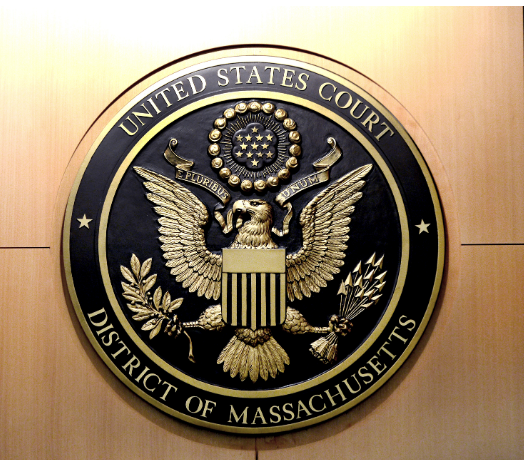In a significant legal development, a federal judge in the U.S. District Court in Springfield has suppressed evidence gathered from a 2022 raid at an East Longmeadow residence, deeming the search warrant as “too stale.” This decision marks a pivotal turn in an extensive investigation into an alleged counterfeit pill manufacturing operation, challenging the efficacy of the methods used by law enforcement in gathering evidence.
The Background of the Case

The Drug Enforcement Administration (DEA), after a multi-year investigation, had obtained a search warrant for the East Longmeadow home, believed to be a hub for counterfeit pill production. However, Judge Mark Mastroianni found that the information used to justify the warrant was held for nearly a year and a half before being presented to the court, rendering it outdated to establish probable cause for the search.
Details of the Investigation and Raid
The focal point of the investigation was 8 Mereline Ave., where Carlos Gonzales, then 25, was arrested during the January 26, 2022 raid. The search led to the discovery of significant quantities of fentanyl, a Glock semi-automatic handgun, and a variety of pill manufacturing equipment. Following this, Gonzales was indicted on charges of possession with the intent to distribute fentanyl and possession of a firearm in furtherance of a drug trafficking felony.
The Controversy Around the Search Warrant
The DEA’s application for the search warrant in 2022 mentioned that the property had been under surveillance for nearly four years. However, the last confirmed sighting of pill manufacturing operations at the address was 18 months prior to the warrant application. Judge Mastroianni noted that the pill manufacturing equipment was easily portable, suggesting that the presence of such equipment at the time of the search was speculative.
Implications of the Court’s Decision
The court’s decision to suppress the evidence significantly impacts the case against Gonzales. The ruling highlights the importance of timely and relevant evidence in justifying search warrants. Mastroianni’s decision underscores the necessity for law enforcement to ensure that the information used to obtain warrants is current and directly related to the location being searched.
Read more:
- Fairfield, Alabama: Understanding the Challenges of the State’s Most Dangerous City
- New Jersey’s Retail Landscape Shifts with the Closure and Unexpected Plea of a Major Chain Store
- Unveiling the Mysteries of Hart Island New York’s Historic ‘Island of the Dead’ Opens to Public
The suppression of evidence in the East Longmeadow raid serves as a crucial reminder of the legal standards that govern law enforcement operations. It brings to light the complexities involved in long-term investigations, particularly in cases dealing with sophisticated operations like counterfeit pill manufacturing. As the case moves forward, with a status conference for Gonzales scheduled later this month, the ruling sets a precedent for how stale evidence is viewed in the context of search warrants and probable cause.

